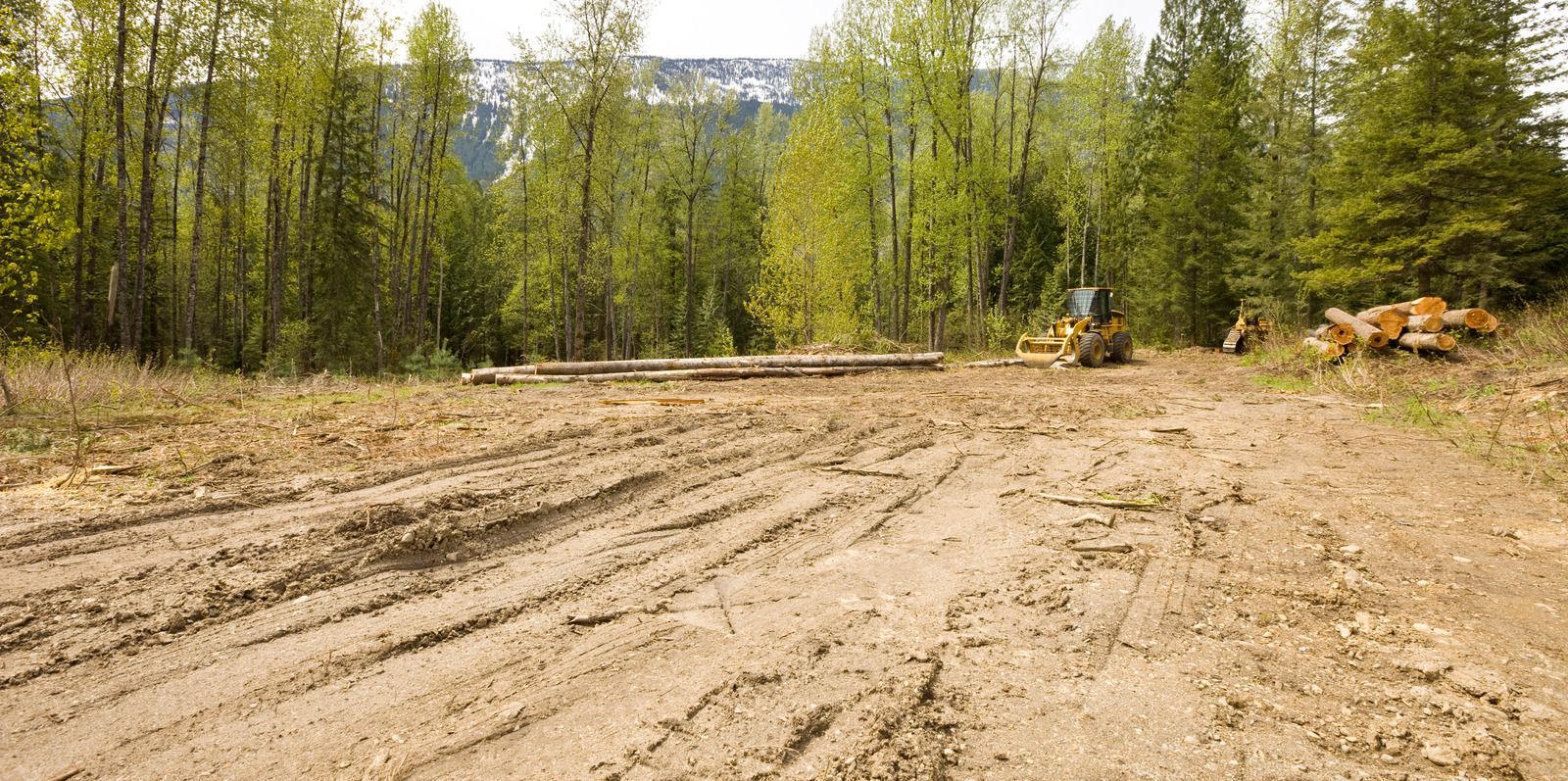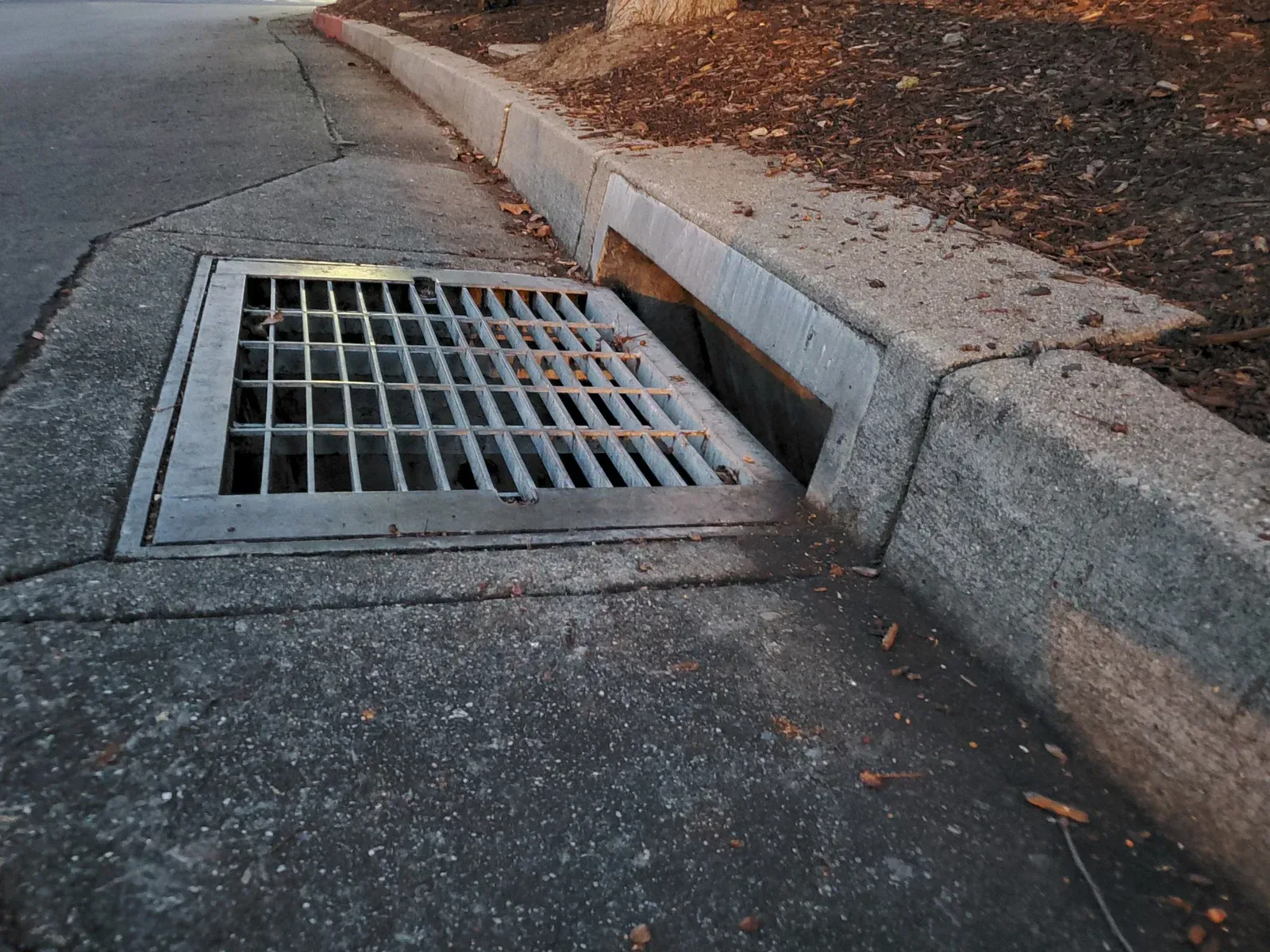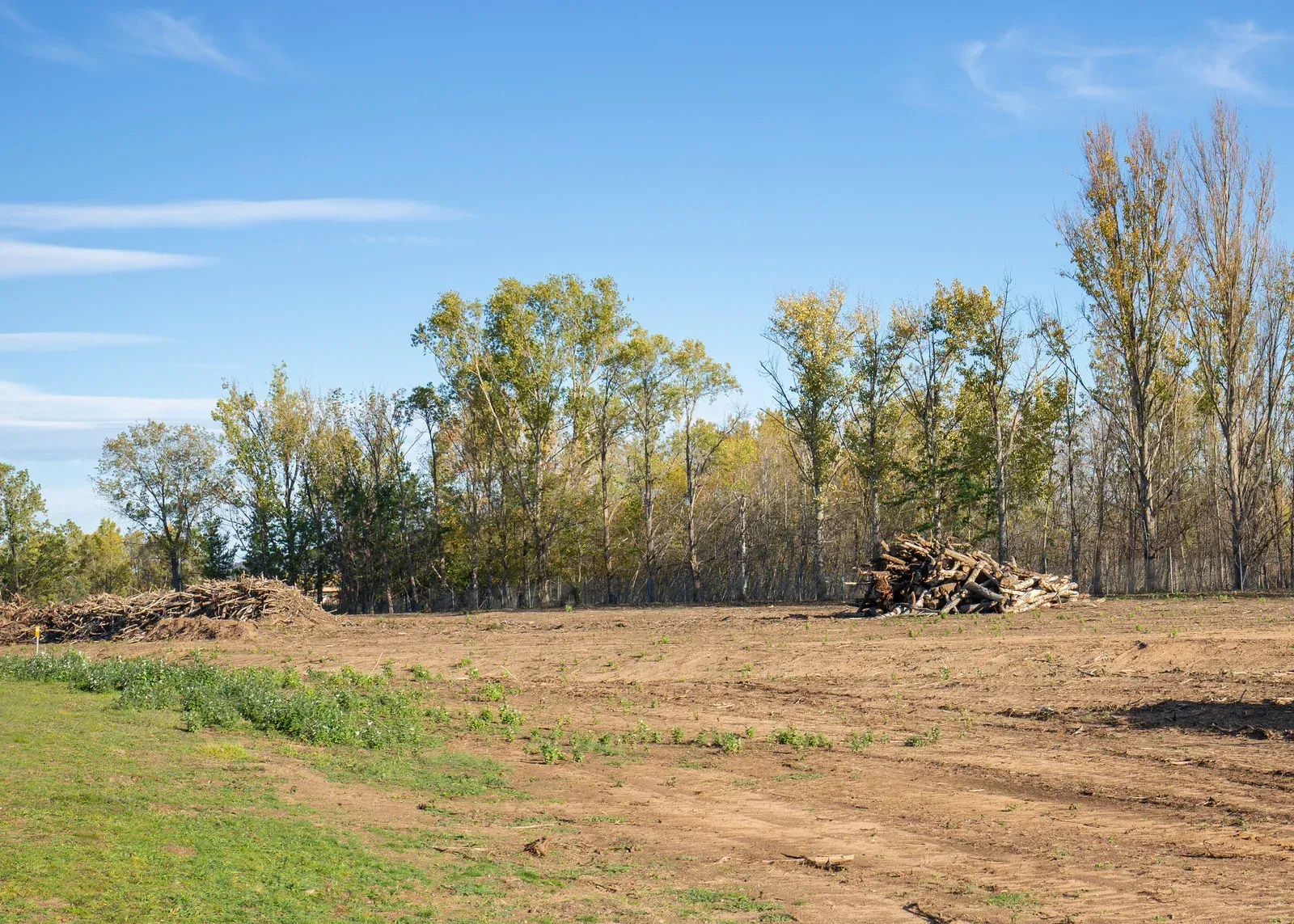How Freeze-Thaw Cycles Affect Your Basement Waterproofing in Anchorage
Anchorage experiences long, cold winters where temperatures drop well below freezing, followed by sudden thaws that bring moisture and melting snow. These freeze-thaw cycles put immense pressure on homes, especially on basement walls and floors. Even a well-built waterproofing system can struggle under these harsh conditions. Cracks, leaks, and foundation movement often start small and grow quickly as ice expands and contracts within the concrete.
Understanding how these natural cycles affect basement waterproofing helps homeowners take the right steps to protect their property and avoid costly damage.
The Science Behind the Freeze-Thaw Cycle
When temperatures fall below freezing, any moisture trapped within the pores of concrete or soil around your foundation turns into ice. Ice takes up more space than water, which means it pushes against the surrounding material with great force.
As temperatures rise again, the ice melts, creating small gaps that water can fill once more. When freezing occurs again, that new water expands and repeats the process. This constant expansion and contraction weakens concrete over time and eventually causes visible cracks and leaks in basement walls.
Cracks That Allow Water Entry
Even a tiny crack can become a major source of water intrusion during freeze-thaw cycles. As the surrounding soil expands with ice, it forces more pressure against the wall, causing cracks to widen. Once a gap forms, melted snow and groundwater can easily seep through and reach your basement interior.
The combination of cold weather, heavy moisture, and poor drainage makes Anchorage homes especially vulnerable to this type of problem. Repairing cracks quickly and sealing surfaces with proper materials prevents more serious structural issues in the future.
Pressure Buildup from Frozen Soil
The ground around your foundation plays a large role in how waterproofing holds up during freezing weather. When moisture in the soil freezes, it expands and increases pressure against the outer wall of your basement. This pressure, known as frost heave, can push walls inward or shift the foundation slightly out of place.
Over time, these small movements cause water barriers to break or lose adhesion.
Professional waterproofing systems use flexible membranes and drainage channels designed to handle this natural stress, helping to keep water out even under severe winter conditions.
Water Pooling During Thaws
Rapid temperature changes lead to fast melting of snow and ice, which produces large volumes of surface water. If the ground is still frozen underneath, that water cannot drain properly, and it often collects next to the foundation. The standing water seeps into weak spots and can flood basements through wall joints, floor cracks, or window wells. A proper grading system and exterior drainage help divert water away from the structure before it becomes a problem.
Protecting Your Basement Year-Round
Anchorage homeowners benefit from combining interior and exterior waterproofing methods to fight the effects of freeze-thaw cycles. Regular inspections, foundation crack repairs, sump pump maintenance, and improved drainage systems all work together to keep basements dry. Preventive action is always more effective and affordable than repairing extensive water damage later.
Conclusion
Freeze-thaw cycles pose serious challenges for basement waterproofing, but with careful planning and professional solutions, lasting protection is possible. Homeowners in Anchorage, Alaska, can depend on AA Dirtwork & Snow Removal
for expert waterproofing, drainage, and foundation maintenance services that keep basements safe and dry through every season.





